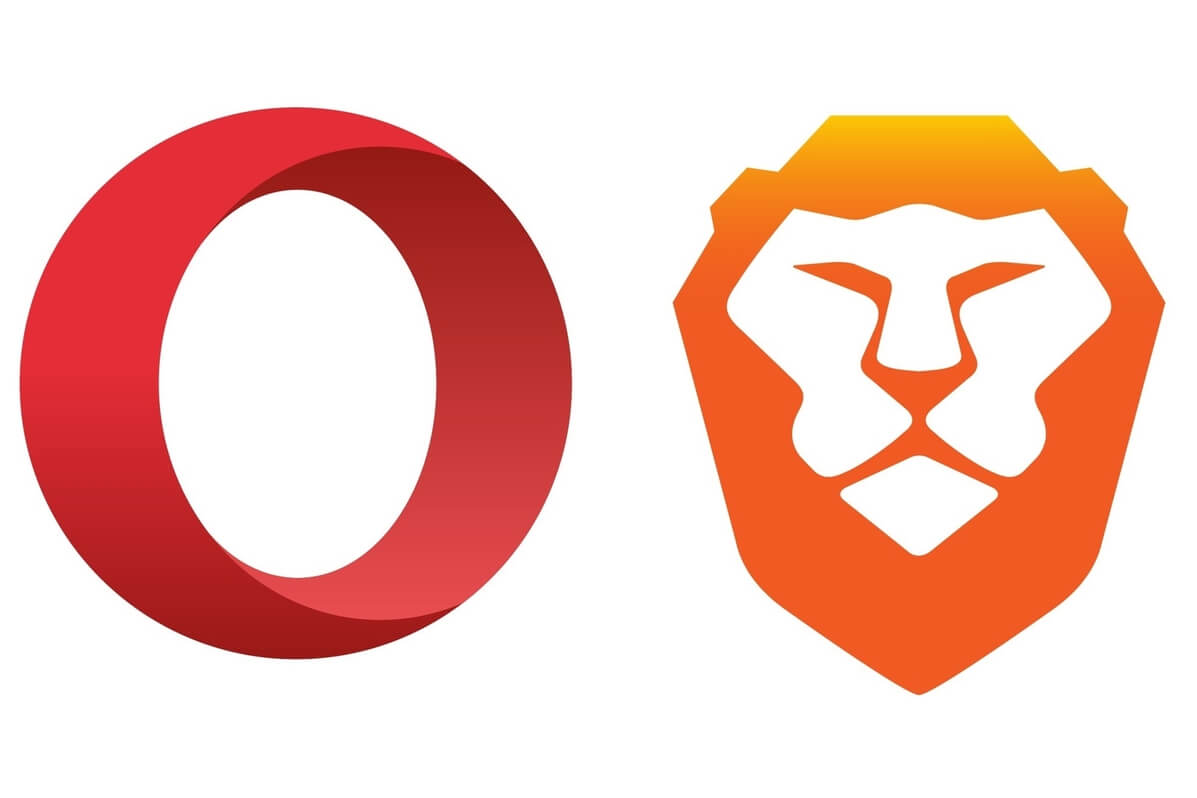As Opera Challenges Brave Browser with Push Further into Crypto, How Do They Compare?

The web browser Opera is strengthening its push into crypto by adding browser wallet support for multiple new blockchain networks, including Bitcoin (BTC), Solana (SOL), Polygon (MATIC), and Ronin (RON). The move is another step for Opera in challenging the crypto-native Brave browser as the dominant browser for Web3 users.
This week, Opera said its browser now supports digital assets from eight different blockchain networks. Notably, this includes not only Layer 1 blockchains like Bitcoin, but also Ethereum (ETH)-based Layer 2 networks such as Polygon and StarkEx.
The company further said that the integration of multiple blockchains is part of the browser’s strategy to remain “chain agnostic” and to “seamlessly onboard millions of users to Web3.”
“Opera’s support for Polygon exposes users to a popular Ethereum ecosystem with over 7,000 dapps to choose from, including popular gaming apps Sandbox, Decentraland, and Aavegotchi,” the company added.
The announcement marks the latest stage of development for Opera’s Crypto Browser Project, which first launched as a beta version in January 2022.
Opera’s Crypto Browser includes fully integrated support for decentralized applications (dapps), as well as a non-custodial crypto wallet that also supports swapping between different digital assets.
In addition, the browser comes with what Opera calls ‘Crypto Corner’ – an information hub that gives users an overview of things like crypto-related news, upcoming airdrops, and hot NFTs.
Headquartered in Oslo, Norway, and launched as early as 1996, Opera established itself as a crypto-friendly web browser with a wallet built into its browser already in 2018. The browser had over 320 million active users as of April 2021, making it the fifth most popular browser globally.
Brave still a top choice for privacy-focused users
The Brave browser, meanwhile, has had its own crypto wallet known as the Brave Wallet built into it since November 2021.
The wallet supports all Ethereum Virtual Machine (EVM) compatible blockchains and Ethereum Layer 2 chains with both standard ERC-20 tokens and NFTs on the ERC-721 standard.
Just like Opera’s browser wallet, the Brave Wallet also supports swapping between assets on the supported chains via a built-in aggregator for several decentralized exchanges (DEXs).
Unlike Opera, however, the Brave Wallet does not support blockchains that are not compatible with EVM, such as Bitcoin.
Brave is a crypto-native browser built around privacy and an alternative model for advertising revenue. The browser rewards its users with the basic attention token (BAT) in exchange for showing them ads.
The browser said in January this year that it had passed 50 million monthly active users, with more than 8 million users actively earning rewards in the form of BAT tokens. This puts Brave well behind Opera in terms of overall popularity, but given that the browser only launched in 2017, user growth has undeniably been strong in recent years.
Brave’s browser has since the beginning been a popular choice among privacy-focused users, with Digital Trends reporting last year that Brave was the “only mainstream browser” that passed the Electronic Frontier Foundation’s Cover Your Tracks test, which shows you how trackers see your browser.
____
Learn more:
– Opera Integrates DeversiFi to Improve P2P Ethereum Transactions
– Opera Launches Web 3 Browser With Built-in Non-Custodial Wallet
– Privacy-Focused Browser Brave Hits 50M Monthly Active Users
– Brave Buys Search Engine




